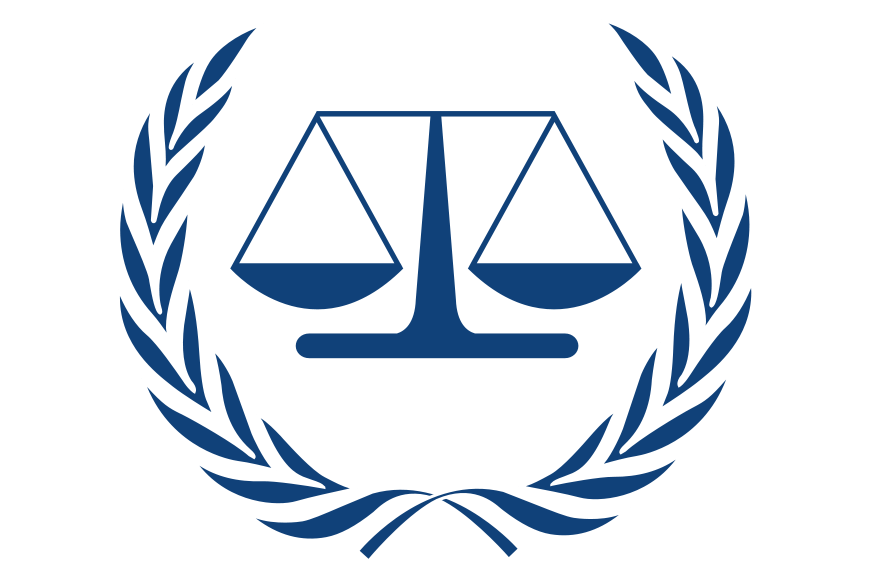The International Criminal Court opened, on November 3, a formal investigation for possible crimes against humanity in Venezuela. The news was announced by Prosecutor Karim Khan during a three-day visit to the country. The measure is unprecedented in the region, since Venezuela is the first nation in Latin America to face this situation.
The investigation will begin after evidence was found in a preliminary examination opened by the international institution in 2018. The change of focus means that the International Criminal Court has evidence indicating that crimes against humanity may have been committed. To date, they have not conducted evaluations in Venezuela, they have only advanced through a filtering mechanism that still does not yield suspects, therefore the objective of the formal investigation is to determine the truth.
During the initial evaluations, it was detected that the crimes in question were not being genuinely investigated by the Venezuelan justice system. So far, they have inquired into the types of crimes, access to justice and context, and the next phase could determine individual responsibilities in crimes related to the repression of the 2017 protests.
After the investigation, it will be ascertained whether there are grounds to bring charges against any individual.
The next steps
In the new stage, the prosecutor is expected to question witnesses and victims. In addition, he could make another visit to Venezuela and even ask for help from international entities to ensure justice during the process.
Khan warned that his office will carry out the work independently, without any political agenda, in order to guarantee a real delivery of justice to the victims. In addition, he mentioned that he will support the efforts of the Maduro regime if it commits to reforming the judicial system.
Eleven months ago, this court made public a report on the Venezuelan case that contained crimes such as rape, political persecution, torture, arbitrary imprisonment and sexual violence. The formal investigation is considered historic by human rights defenders.
The government’s response
Although Maduro said he respects the ICC process, he later confirmed that he disagrees with the decision, since he considers that all investigations must be carried out by national institutions. For his part, one of the main spokesmen of the government, Tarek William Saab, who is a national prosecutor and previously served as ombudsman, declared that the process does not comply with the requirements of the Rome Statute.
During the days that Karim Khan remained in Venezuela, victims and relatives protested outside public buildings to demand meetings with the international prosecutor. These groups have been denouncing the national judicial system as failed for years, because they do not feel that their rights have been respected.
The victims’ voices
In addition to collecting complaints from victims, the ICC has also received evidence from governments and international figures. One of the first was Colombian President Ivan Duque, who during his work as a senator presented a report signed by more than 70 congressmen documenting cases of murder, torture and political persecution in Venezuela.
The preliminary investigation was supported by Canada, Colombia, Argentina, Chile, Paraguay and Peru. These governments argued that the Venezuelan justice system was not doing its job because it was closely linked to the regime. With this step, they bet on accountability in order to avoid the recurrence of similar cases in the region.
Non-profit organizations dedicated to human rights in Venezuela have also submitted documents pointing to government abuses. It is expected that in the next stage, witnesses will begin to be called.
The Court’s intervention
The International Criminal Court intervenes when a State is unable or unwilling to prosecute relevant and serious crimes under the jurisdiction of the Court, meaning that it is a judicial instance of last resort. After the first evaluation, in which it is determined that there are grounds to open a formal investigation, a trial may be held, although for the time being no trial or indictment has been initiated.
The decision of the International Criminal Court is not an isolated case; the UN Human Rights Council also conducted recent investigations in which the government was linked to alleged crimes against humanity.
All these processes are slow, it can take years for criminal charges to be filed. But it should be noted that even Fatou Bensouda, Khan’s predecessor, also stated that there were reasonable indications to believe that crimes against humanity had been committed in Venezuela.

